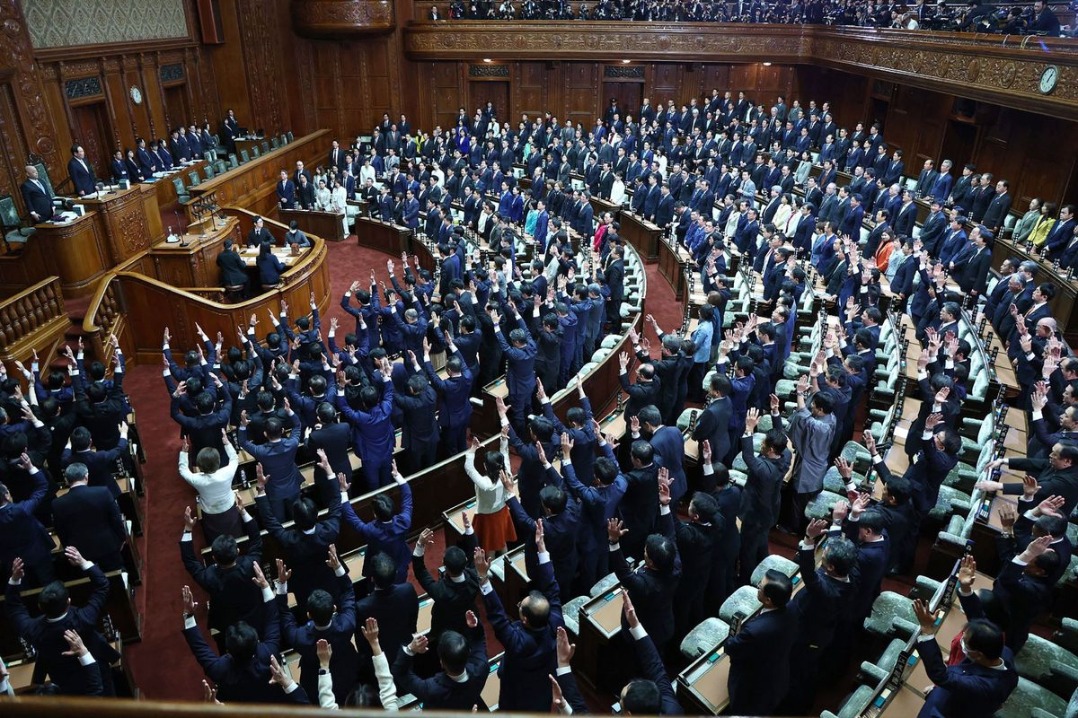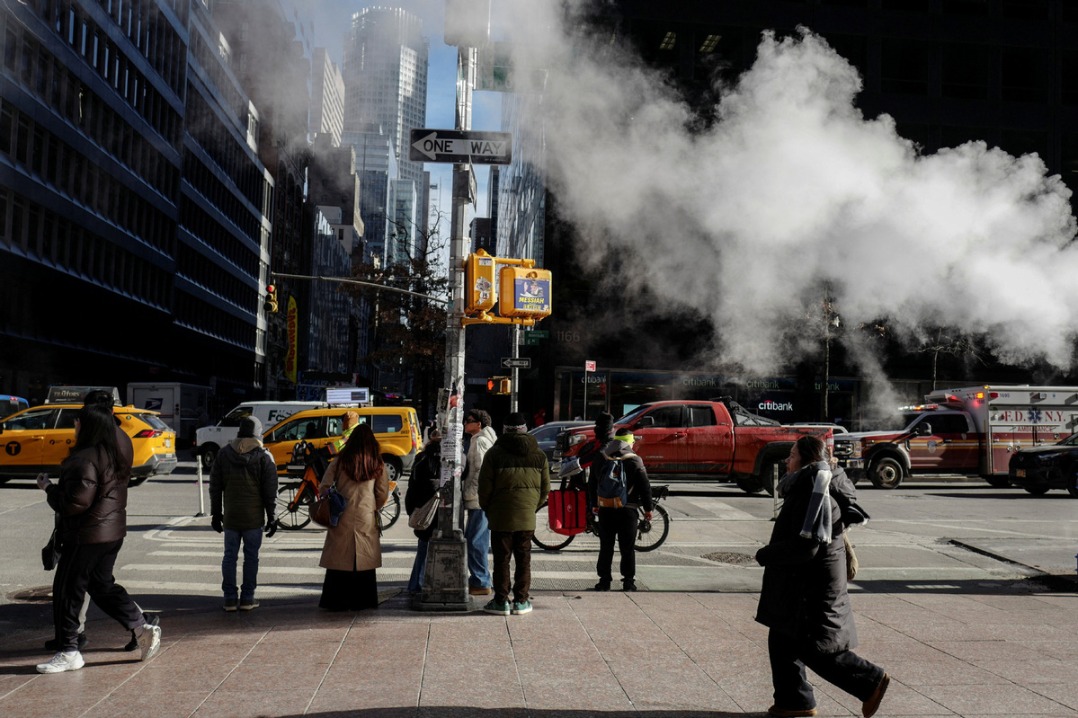ASEAN economic ministers voice deep concern over US tariffs' disruptions to trade, supply chains

The Association of Southeast Asian Nations (ASEAN) said it remains "deeply concerned" about the high tariffs imposed by the United States, noting that the new levies have "caused uncertainty" and will disrupt regional and global trade, investment flows and supply chains.
The warnings came even as US President Donald Trump announced on April 9 a 90-day pause on the so-called reciprocal tariffs, about 13 hours after high duties on more than 50 nations took effect. But the 10 percent "baseline tariff" that Trump placed on all imported goods starting April 5 remains in place.
In a joint statement released after an April 10 virtual meeting chaired by Malaysia's Minister of Investment, Trade and Industry Zafrul Aziz, ASEAN economic ministers noted the "unprecedented imposition of tariffs" by the US will impact economic security and stability, affect peoples' livelihoods and hinder economic progress in the ASEAN region.
As the US is one of the region's biggest trade partners and investors, Southeast Asian nations are expected to be among the hardest hit by the levies, as exports and free trade have long sustained regional growth.
"When we look across Asia, it is the Southeast Asian countries that appear the most exposed, and in our view, the hardest hit (by the US') reciprocal tariffs," Sonal Varma, Nomura's chief economist for India and Asia ex-Japan, told China Daily.
She said that Singapore, Thailand and Vietnam are "the most exposed countries within ASEAN". Varma said these countries have adopted an export-driven growth model that has been built on having an open trading platform.
As such, slapping reciprocal tariffs on these countries will hurt their growth model.
Hoang Thi Ha, a senior fellow at ISEAS–Yusof Ishak Institute in Singapore, said the US tariffs "pose serious economic headwinds" especially for Vietnam, where the US accounts for a third of total exports and with which it runs a substantial trade surplus of $124 billion in 2024.
ASEAN needs to reassert its commitment to open, rules-based trade and continue playing an active role in safeguarding the multilateral trading system.
"The best way forward is to do what ASEAN has long excelled at: serving as a hub of free trade agreements with a diverse range of partners," she said.
ASEAN economic ministers said in the statement that they want to have "a frank and constructive dialogue" with the US, and have committed not to
impose any retaliatory tariffs.
The ministers said ASEAN will remain steadfast in deepening regional economic integration and will continue to discuss ways to boost intra-ASEAN trade and investment.
Muhammad Habib Abiyan Dzakwan, a researcher at the department of international relations of the Jakarta-based think tank Center for Strategic and International Studies, said the regional bloc prefers an "accommodative approach while still reasserting our respective strategic national interests".
"While the short-term impact of this tariff may be disadvantageous for our individual and collective regional growth, at the very least, it will not be as bad as if counter-retaliatory measures were put in place," he said.
Julia Roknifard, senior lecturer at the School of Law and Governance at Taylor's University in Kuala Lumpur, said this is the time for ASEAN to deepen and diversify trade ties not only in Asia-Pacific but also with Europe and other parts of the Global South and reduce overreliance on the US market.
Yang Han in Hong Kong and Leonardus Jegho in Jakarta contributed to this story.
































